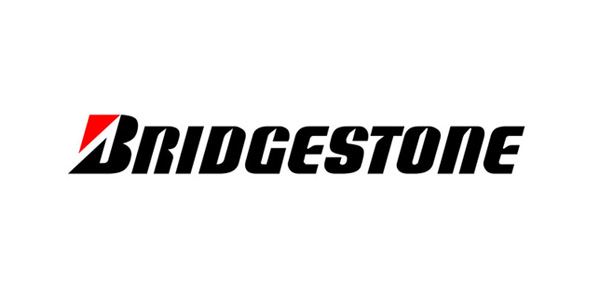‘Initially we learned about FLOWSPARKS because we were looking for a company that could make digital training content for us,’ Ozge continues. ‘We needed to develop mandatory training courses on, for example, our procurement and purchasing policy. The FLOWSPARKS team did this for us. But when the coronavirus pandemic hit, we realized we needed our own authors. They were trained by the FLOWSPARKS team to learn how to create e-Learning content themselves.’
‘Thanks to FLOWSPARKS, we were able to communicate our safety instructions and measures during the pandemic to our people and to visitors of our plants. This perfectly demonstrates the importance of being able to react flexibly and rapidly to new situations. FLOWSPARKS helped us do that.’
Structured approach
Bridgestone looked for ways to facilitate the development of e-learning modules across the EMIA region. ‘For this reason, we created a structure in which my department maintains oversight of all customized content which the various entities develop in FLOWSPARKS,’ says Ozge. ‘We also approve all e-Learning content before it is published.’
Ozge’s team has three superadmins. Each entity (which Bridgestone defines as a country or site) has one ‘advanced author’. These are people who have been trained in the use of FLOWSPARKS and have developed at least one training course. They work in close consultation with the HR department and L&D specialists. FLOWSPARKS has prepared several templates specific to Bridgestone and created tutorials on how to use these templates to build easy, bite-size modules on any topic.
The superadmins maintain global oversight. ‘When we see that Poland has developed an interesting e-Learning course that we know would be useful for our people in Italy, for instance, we aim to connect the advanced authors of the two countries.’
These ‘advanced authors’ are also the people to whom employees/departments can turn if they want to develop a digital module but experience difficulties in expressing themselves in English, for example. ‘Our blue-collar employees have a great deal of professional knowledge, but for some it is not easy to share that knowledge in English. In that case they can contact the advanced authors. They also have to keep an eye on the training needs in the entity for which they are responsible.’
‘So far, twelve authors have completed their training and we will start with a second group in September. We want to have 24 e-Learning modules ready by the end of the year. In our FLOWSPARKS community, we share updates, knowledge and best practices,’ Ozge says. And, not unimportantly, we hope a change in mentality is happening in which people are taking the initiative to create content themselves. In any case, our advanced authors and HR colleagues are already very enthusiastic about it. We are looking forward to promoting Flowsparks and letting all employees in all our regions know that they can share their knowledge and create e-learning courses in all languages. They have a great tool to support them,’ she concludes.




